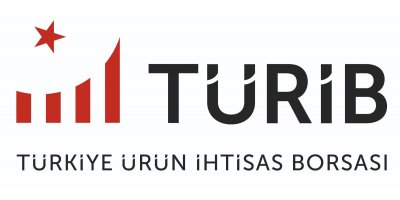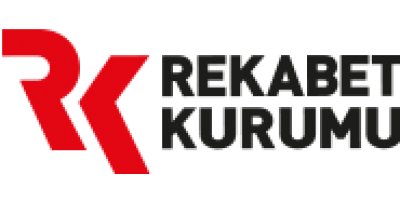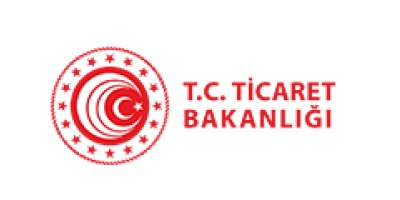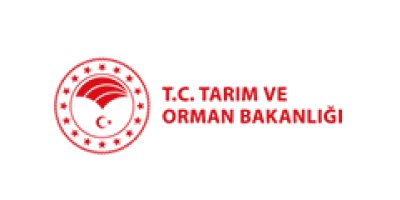25 February 2026 Wednesday
29.09.2025 Fevzi Çondur Emphasizes “Climate-Resilient Agriculture”
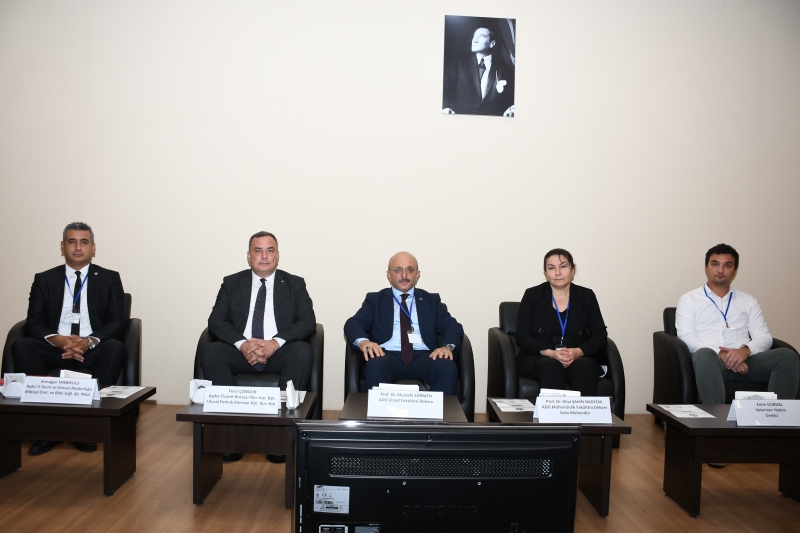
Fevzi Çondur, Chairman of the Aydın Commodity Exchange and the National Cotton Council, highlighted the importance of shifting from fighting climate change to adapting agricultural practices to the changing climate during his speech at the workshop titled “Water Resources and Management, Agricultural Production and Food Safety in the Büyük Menderes Basin.”
The event, organized in cooperation with the Didim Chamber of Commerce, Didim Chamber of Agriculture, and Adnan Menderes University Faculty of Agriculture, was held at Ankara University Didim ÖRSEM facilities. It brought together key regional figures, including Aydın Governor Yakup Canpolat and ADÜ Rector Prof. Dr. Bülent Kent.
Aydın: A Strategic Center for Turkish Agriculture
In his presentation on “The Impact of Drought and Climate Change on Aydın’s Agriculture,” Çondur emphasized that agriculture is the backbone of Aydın’s economy, with 55% of the population depending on it for their livelihood.
“Aydın ranks among Türkiye’s top ten producers in 58 agricultural products,” he said, noting the province’s leadership in fig, chestnut, and green fodder wheat production, and its strong position in olive, cotton, and artichoke cultivation. “These figures clearly show that Aydın is a strategic hub for Turkish agricultural production.”
Drought and Declining Water Resources
Referencing IPCC and Turkish Meteorological Service data, Çondur warned that the region faces severe drought.
“The 2025 water year recorded only 422.6 mm of rainfall — a 28% drop compared to normal levels,” he said. “The Büyük Menderes River has dried up, and dam levels are at alarming lows. Since agriculture uses 77% of Türkiye’s water resources, efficiency in irrigation is now a necessity.”
Effects of Climate Change on Key Crops
Çondur explained that drought and extreme weather have serious effects on Aydın’s agricultural products: reduced yields in cotton, citrus, and corn; lower oil content in olives; increased pest activity; and higher aflatoxin risk in figs. He noted that irregular rainfall, frost, and floods are also major threats to productivity and farmer income.
Call for Climate-Resilient Agriculture
Stressing that drought has become a permanent risk, Çondur called for a transition toward climate-resilient agriculture.
“We must replace flood irrigation with sprinkler or drip systems, enhance water harvesting and storage, implement digital monitoring in irrigation cooperatives, and promote crops that require less water,” he said. “Improving soil water retention, expanding erosion control, and establishing early warning systems are essential for sustainable agriculture.”
The workshop also featured presentations by experts including Armağan Tanrıkulu from the Aydın Provincial Directorate of Agriculture, Prof. Dr. Hilal Şahin Nadeem from ADÜ, and veterinarian-producer Emre Gürdal. At the closing session, Söke Commodity Exchange Chairman Ahmet Nejat Sağel presented a certificate of appreciation to Fevzi Çondur for his contribution.







